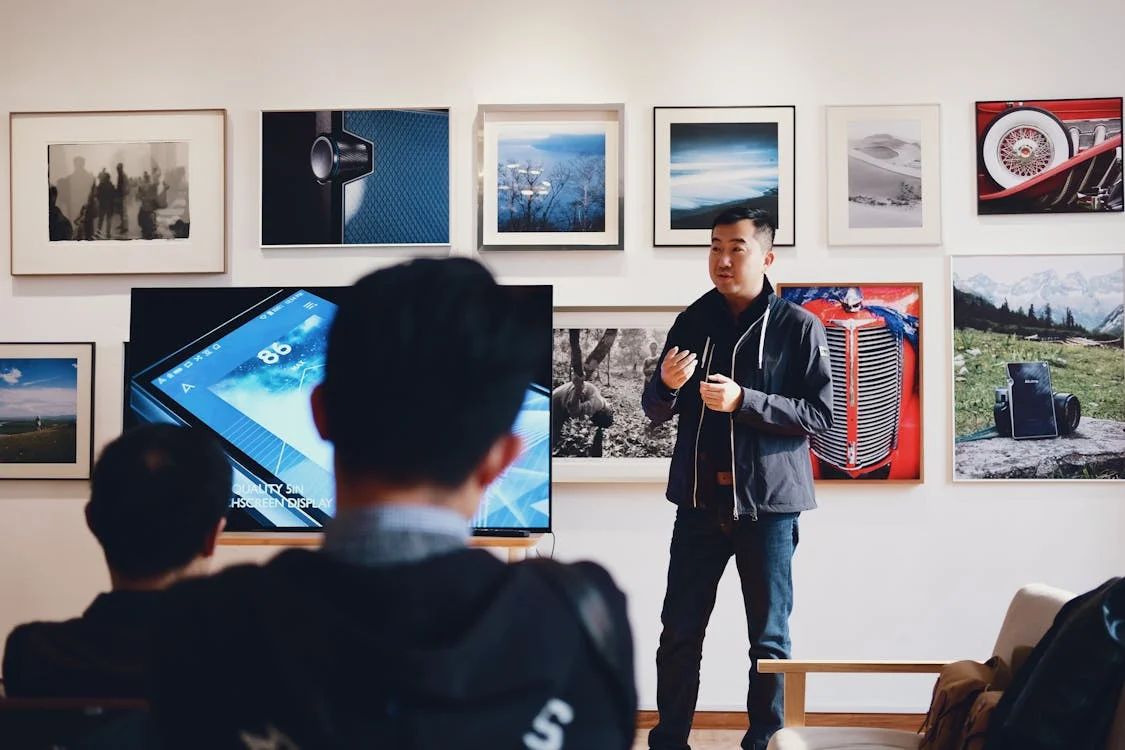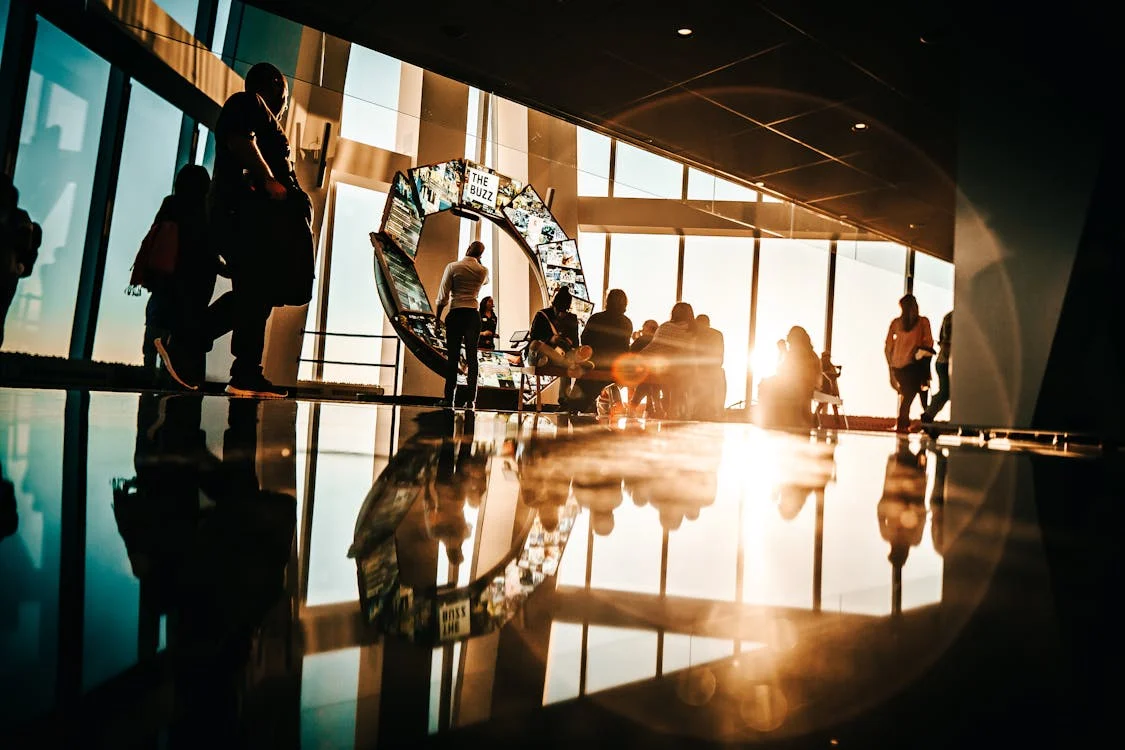Running a successful local event can be a fantastic way to build community connections, promote a brand, or raise awareness for a cause. Whether you’re organising a charity fundraiser, a community festival, or a corporate gathering, making sure your event resonates with the local audience is crucial. In Australia, where the sense of community and social engagement is strong, there are some unique factors to consider when planning and executing your event.
Here are some key steps to ensure your next local event is a standout success.
1. Know Your Audience and Community
The first step to planning a successful local event is understanding your audience. In Australia, each region has its own unique culture and interests. Whether you’re planning an event in Melbourne, Sydney, or a regional town, it’s important to tailor your approach to suit the local demographic.
Cater to Cultural Diversity: Australia is a multicultural country, and acknowledging the diversity within your community can make your event more inclusive. Incorporating elements like local foods, performances, or acknowledging Indigenous cultures through a Welcome to Country can add a special touch.
Research Local Interests: Consider what matters most to the people in your area. Are they passionate about sustainability, sport, the arts, or supporting small businesses? Tap into these interests to create an event that resonates.


2. Secure the Perfect Venue
The venue is often the foundation of your event’s success. When selecting a location, consider the accessibility, size, and ambiance of the space to ensure it meets the needs of your attendees.
- Local Parks and Public Spaces: Australians love the outdoors, and local parks or public spaces can provide the perfect backdrop for community events. Make sure to check with local councils regarding permits and regulations.
- Sustainable Venues: With a strong emphasis on sustainability in Australia, consider venues that support eco-friendly practices such as waste reduction, recycling, and energy-efficient lighting. Venues that align with environmentally conscious values are increasingly popular.
- Accessibility: Make sure the venue is accessible to all attendees, including those with disabilities. Convenient transport links, parking options, and inclusive facilities should be top of mind when choosing a location.
3. Promote the Event Locally
Once your event is set, you need to get the word out. Local promotion is key to driving attendance and creating buzz around your event.
- Leverage Local Media: Reach out to local newspapers, radio stations, and community noticeboards. Many regional areas in Australia have strong community media that are often eager to support local events.
- Partner with Local Influencers: In addition to traditional media, social media influencers and community leaders can help boost awareness. Consider partnering with local figures who align with your event’s purpose and have a genuine connection with your audience.
- Use Social Media and Digital Channels: Platforms like Facebook and Instagram are great for engaging the local community. Create event pages, share regular updates, and encourage your audience to share the event with their networks. In regional Australia, local Facebook groups can be an excellent tool for promotion.
4. Focus on Local Partnerships and Sponsorships
Collaborating with local businesses and organisations can add a lot of value to your event. Not only can they help sponsor your event, but they can also promote it to their customers, increasing your reach.
- Engage Local Sponsors: Australian businesses are often keen to support local initiatives, especially if the event aligns with their brand values. This could be anything from food trucks and local breweries to eco-friendly product suppliers.
- Cross-Promote with Other Events: Look for opportunities to cross-promote your event with other local happenings. If your event is part of a larger festival or community initiative, you can piggyback on their promotional efforts to reach a broader audience.
5. Plan for the Australian Weather
Australia’s climate can be unpredictable, so always have a contingency plan for your event, especially if it’s outdoors.
- Check the Forecast: Stay on top of weather updates as your event approaches. Australia’s spring and summer seasons can be sunny one moment and rainy the next. If you’re hosting an outdoor event, make sure there’s shelter available, or consider renting marquees.
- Have a Plan B: If the weather is looking uncertain, make sure you’ve got a Plan B, like an alternative indoor venue or rain-friendly activities that won’t dampen the spirit of your event.
6. Create an Experience, Not Just an Event
Australians value experiences over material goods, so make your event memorable by focusing on creating meaningful connections and engagement.
- Interactive Elements: Include activities that encourage attendees to participate. Whether it’s a community art project, a live cooking demonstration, or workshops, interactive elements are a great way to engage attendees.
- Celebrate Local Talent: Incorporating local musicians, performers, or artists can help create a connection with the community and support local talent. It also adds an authentic touch to the event.
- Offer Unique Giveaways or Merchandise: Give your attendees something to take home, whether it’s branded merchandise, eco-friendly products, or samples from local businesses. These can serve as a reminder of the event and encourage them to return next time.
7. Gather Feedback and Build Relationships
After the event, gather feedback to understand what worked and what could be improved. This helps you plan better for future events and build stronger relationships with attendees.
- Surveys and Social Media Feedback: Send post-event surveys or ask for feedback via social media. Engaging with your audience even after the event keeps the conversation going and shows you value their opinion.
- Build Long-Term Relationships: Nurture the relationships you’ve built with local businesses, sponsors, and attendees. This can lead to partnerships and increased attendance at future events.
Conclusion
Running a successful local event in Australia requires understanding your audience, careful planning, and a strong connection to the community. Whether you’re planning a corporate event, a community festival, or a charity fundraiser, these tips will help ensure that your event leaves a lasting impression on attendees and strengthens your ties to the local community.
At Summit, we specialise in helping Australian businesses and communities create events that matter. Let us help you make your next local event a resounding success.
